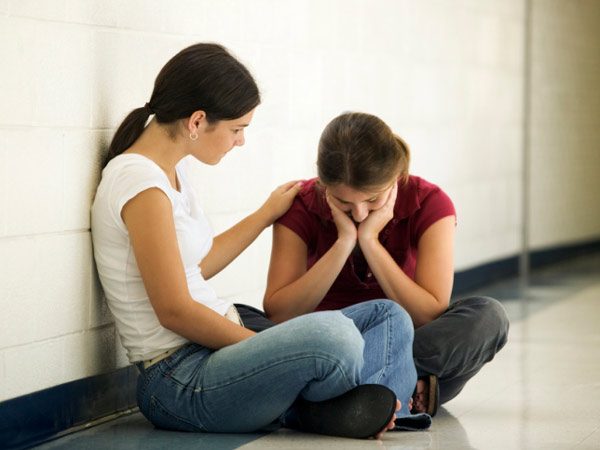Man’s inevitable fate is, sooner or later, bodily death. Young and old stand equal before death. Death does not distinguish between children and the elderly. Is there a solution for this inevitable fate that is death? No, even if medical science and new drugs could prolong human life and reduce suffering, they will not reach the point of ending the inevitability of bodily death.
If bodily death is inevitable, then what about suffering? Why does man suffer? Is suffering part of human nature or is it something alien to it? There are many questions that both believers and unbelievers have about the suffering that all humans experience without exception.
To start with, it must be said that suffering does not only result from illness, but rather it results from many factors, so the source of suffering is not single but multiple. There is suffering that afflicts those who are physically healthy but who suffer from emotional, psychological, financial or intellectual (not achieving desired intellectual ambitions), or spiritual disappointments… Man does not live without suffering: this is the golden rule.
According to the Christian faith, death and suffering are alien to human nature. God, the source of every good thing, created man eternal. That is, not dying and not suffering… but man, in his rebellion against God– that is, in his rejecting the source of life and departing from Him– sentenced himself to death, suffering and torment. The coming of Christ, His submitting to death on the cross and His resurrection restored the relationship between God and man. But suffering and death remained the two-edged sword at the throat of all mankind.
Metropolitan Georges Khodr states that God is not the cause of everything that happens to us on the face of this earth. Khodr says in his conversation with Samir Farhat, “There are factors in nature and in the essence of humanity. If God liberated us from the responsibility of suffering, then it would be possible for us to be liberated from the dark image of this god, the god who delights in tormenting humankind. The natural inclination, particularly in the East, is that the good and the bad in life comes from God. In the New Testament, after Jesus bears mankind’s suffering, God is no longer the cause of human suffering. We are transported from a purely philosophical, theoretical position to a position of participating in Christ (This World is not Enough, Ta’awuniyyat al-Nur al-Orthodoxiyya lil-Nashr wal-Tawzi’, p. 207).
Christ came to redeem man and to release him from sin so that he may live with Him forever. Christ offered Himself as a sacrifice on the cross after having shared in the suffering and torments of humankind. Nevertheless, He gave this humankind great hope, He who is the resurrection and the life with God forever. Therefore we can say that suffering is an inevitable aspect of life on earth. The solution to it for believers is nothing other than to accept it as a bitter reality that is only mitigated by the belief that it is a path to purification from sin and attachment to Christ, who redeems this suffering through His suffering and raises us from the dead to eternal life, “where there is no pain, no sorrow and no sighing.”
It remains that we treat suffering as a place where the most sublime love between man and his fellow man becomes manifest. Love alone is what can mitigate suffering. For a suffering person– whether he is sick, hungry, widowed, orphaned or a refugee– to see that there is someone concerned with his pain, who will perhaps cause him to feel others’ pain, is the beginning of holiness. Love can do anything. Love can move mountains. Love is the great marvel.

















